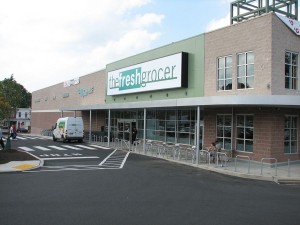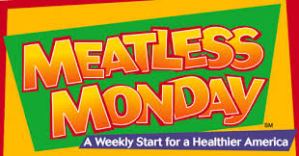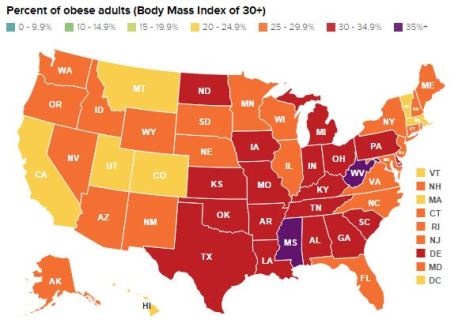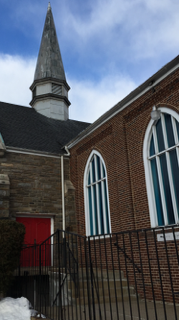In the United States, 14.6 percent of households suffer from food insecurity. That number jumps to 22 percent when looking at Philadelphia alone. This unfortunately means that Philadelphians are higher than the national average when it comes to hunger. La Salle University believes that everyone should have access to high quality foods, which is why the Exploring Nutrition Project was started to help those in need in the surrounding community.
Exploring Nutrition aims to create a model by which urban universities can utilize collective resources and expertise to have a positive impact on their neighborhood’s health and nutritional well-being. “We wanted to give La Salle an identification as caring about hunger and that was the beginning of Exploring Nutrition,” said Dr. Marjorie Allen, chair of Integrative Studies. Neighborhood residents lived in a food desert, which means that they did not have easy access to a grocery store. La Salle donated the land that Fresh Grocer was built on to fulfill the need of a grocery store in the community, but this did not alleviate the hunger issues people faced.
The following chart illustrates the obesity rates within the area that La Salle directly serves to the rates within all of Southeastern Pennsylvania. 72 percent of people who label their race as “Other” are obese in La Salle’s community, compared to only 34.2 percent in all of Southeastern Pennsylvania. A common misconception states that obese people cannot be suffering from hunger. However, due to the risk factors associated with poverty, food insecure people are especially vulnerable to obesity.
“Portion sizes have changed dramatically over time. For an extra ten cents, you can triple the value of the meal,” said La Salle Psychology Professor Dr. Edie Goldbacher. Eating fast food is cheap and comes in large quantities, so food insecure people tend to eat these unhealthy, fatty foods, which places them at greater risk for obesity.
If left untreated, obesity can lead to heart disease, stroke, type 2 diabetes and certain types of cancer. Due to its harmful effects, the La Salle Psychology department is targeting obesity in the community. La Salle’s urban location allows nutrition professionals to provide services to overweight people who may have otherwise not been able to afford them.
The Fighting Hunger Incentive Act of 2015 hopes to increase the amount of food items that are donated to food banks and charities. On average, 40 percent of unsold fruits and vegetables go to waste in landfills. Upon passage of this bill, businesses would have more incentive to donate because they would receive tax breaks for doing so.
Republican Congressman Tom Reed, as well as other conservatives, favor this bill. “Fighting hunger is a bipartisan issue. We unite as Americans when our fellow citizens are suffering. When you look at the millions of Americans who are going hungry every day, Mr. Speaker, we shouldn’t be divisive,” said Reed. This Act has earned the support of multiple food banks including Feeding America, the largest antihunger group in America, and the National Council of Nonprofits.
Much like Feeding America, La Salle organizations also assist in providing food to people at local organizations. Pheed Philadelphia is a volunteer group that helps out at local food banks and soup kitchens. Pheed realizes how important it is to make each person in need feel dignified because they’re human, just like the rest of us.
Student volunteers, Becca Long and Molly Mahon, are just two of the many students who take time to help those in need. Both agreed that speaking with the homeless is the best part of volunteering because it personalizes the experience for not only them, but also those in need. “They’re the most resilient group of people I’ve come in contact with. I learn so much more than I do when in the confines of my classroom,” said Mahon.
Another La Salle student group, Leadership and Global Understanding, also works to help the community. Each year, La Salle volunteers host an Easter Food Drive where they partner with Fresh Grocer to deliver food to those in need. This year, over $4,000 worth of fresh fruits and vegetables were donated to 12 locations throughout the neighborhood. Watch this slideshow to find out more details about the event.
This map illustrates the 12 locations that receive help throughout the year.
The following video showcases the Easter Food Drive as well as the other ways in which La Salle staff and students are working to help make the community a healthier place for all.



 The Meatless Mondays Movement works in conjunction with the
The Meatless Mondays Movement works in conjunction with the 







